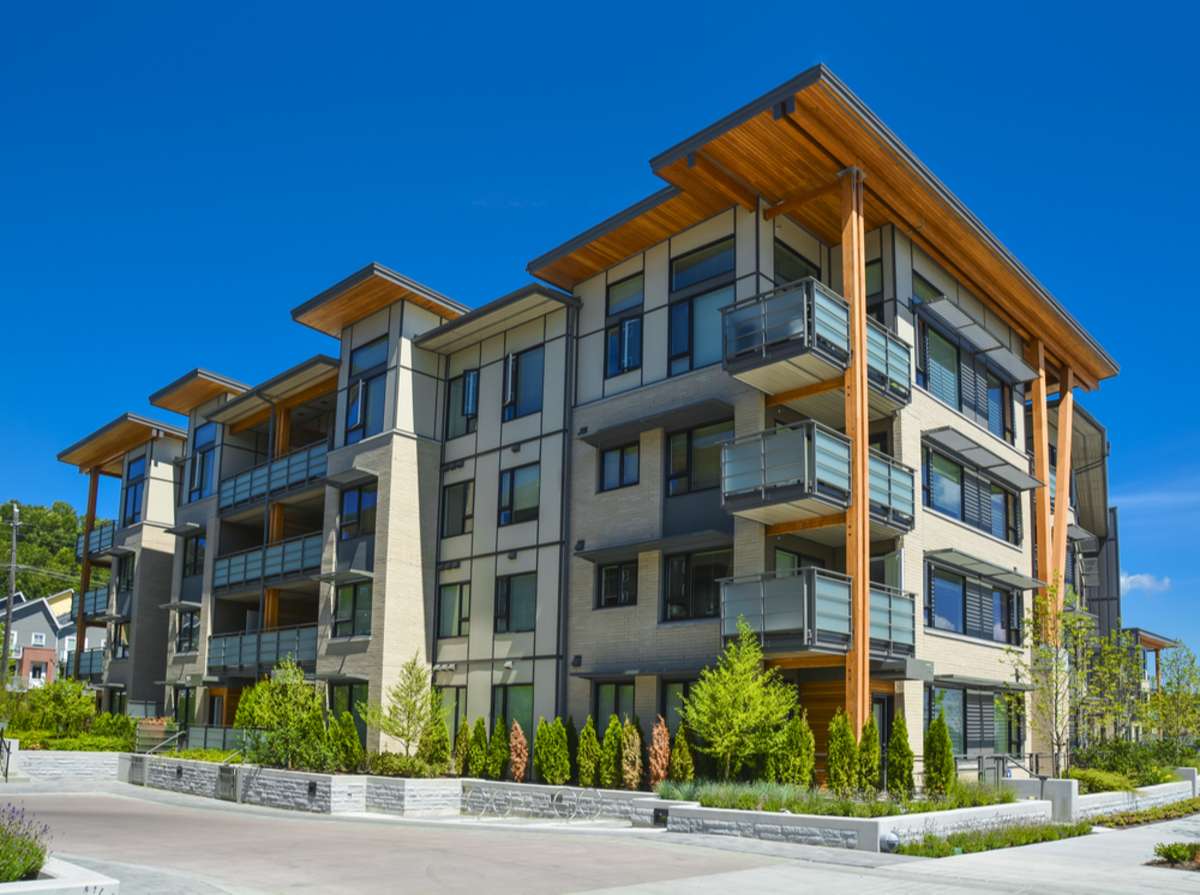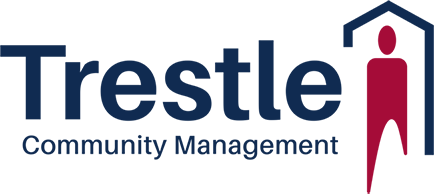How to Set Rental Policies for Condo Owners
Managing a condo owners association that allows owners to rent their units requires rules. Many condominium management plans allow for unit owners to rent out their condos either part-time or full-time. However, when allowing tenants in the building, property owners must make sure those residents follow the community association rules—or the owners may face penalties.
What homeowners association rules should be in place for condo owners and tenants? Much like setting HOA fees, boards should consider expert guidelines to help you manage rental policies for your community.
Why Should Condo Owners Associations Put Rental Rules In Place?
There are a number of reasons condo homeowners associations should consider rental policies. The first is that the association wants to maintain control over who lives in their building and how they can use it. For homeowners, there’s a certain equity level at stake. When some owners out their units part-time or full-time, neighboring condo owners can feel less safe with strangers walking through their properties and living right next door.

Even if owners choose to rent out their units once or twice a year for several days at a time, HOAs should still have rules. If unit owners have free reign to let renters come and go without guidelines, community associations can find condos with too many people living in them and a lack of care for the property and common areas.
Making sure homeowners associations have rental restrictions in place will help homeowners understand exactly what they can and cannot do when renting out their units. This way, they’ll know whether or not the association has the right to apply penalties when they (or their tenants) violate the rules.
What Rental Rules Do Community Managers Recommend?
When allowing residents to rent out their condos or homes within the community, what rules should your condo owners association consider? A community manager recommends documenting the following rules in the association’s governing documents. However, before applying any regulations for rentals, consult your HOA’s attorney to be sure they comply with state laws.
Limitations and Expectations
Homeowners associations can consider regulating how many units can be used as rentals within the condominium building or community. By maintaining a majority of owner-occupied residences, an HOA board limits the potential for tenants who may not care for the community as well as homeowners. Be specific about what types of units and locations within the community can be rented and any limitations that may apply to those units. Have homeowners sign off on the policy before allowing them to move into their new unit.
In addition, board members should consider term lengths for rentals. Set lease restrictions to a maximum of 12-month lease terms. In some cases, requiring that the owners live in the home for a minimum of one year before renting out the home can be a good option.
Eviction Policies
When an owner’s tenant violates the condo association rules, the board should have policies in place that allow eviction proceedings. Whether you work with an HOA management company to enforce the removal of a renter or direct the unit’s owner to conduct the process, tenants that violate the rules of the condominium association should not be allowed to stay in a property.
Renter Registration
HOA boards should require that owners register all tenants living in a leased condo or home. In addition, community associations should know who is living in the building or neighborhood at all times. While your board maintains a list of all homeowners, tenants in those homes can fall through the cracks without a registration process.
Noncompliance Penalties
Renters living in the community must abide by all rules of the property owners association, including usage policies for common areas and amenities, trash schedules, lawn maintenance, noise rules, and more. When tenants violate these rules, community managers must hold property owners responsible for their residents’ behavior and noncompliance.

When a homeowner fails to honor community policies by allowing tenants to violate rules, the board should apply penalties as appropriate. This helps ensure that condo owners choose tenants that respect and follow the rules while respecting other homeowners in the community.
Liabilities
When renting out a condo, owners should obtain insurance policies to protect the HOA association from liabilities. it’s also important for your condo association to have the right kind of liability insurance coverage that protects the association from liabilities if something goes wrong in a rented unit.
Work With a Condo Owners Association Management Company to Set Rental Rules
There are many homeowners associations that prefer not to allow rentals at all. Your condo owners association board should decide what works best for your community, then establish and enforce rules for rentals that maintain the quality and integrity of your neighborhood. When renters ruin the experience for other homeowners, your community won’t thrive!
Trestle Community Management offers association management services to help condominium management boards set the ideal policies for rented units and homeowners. If you’re not sure what’s best for your community or how to set up and enforce the right policies, reach out to learn how we can help!



